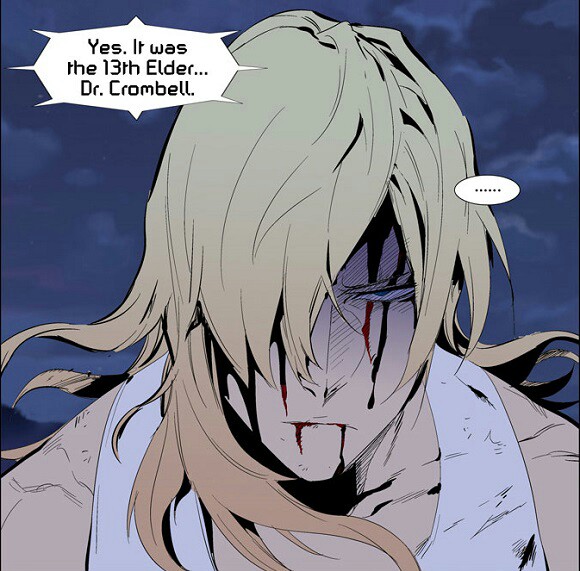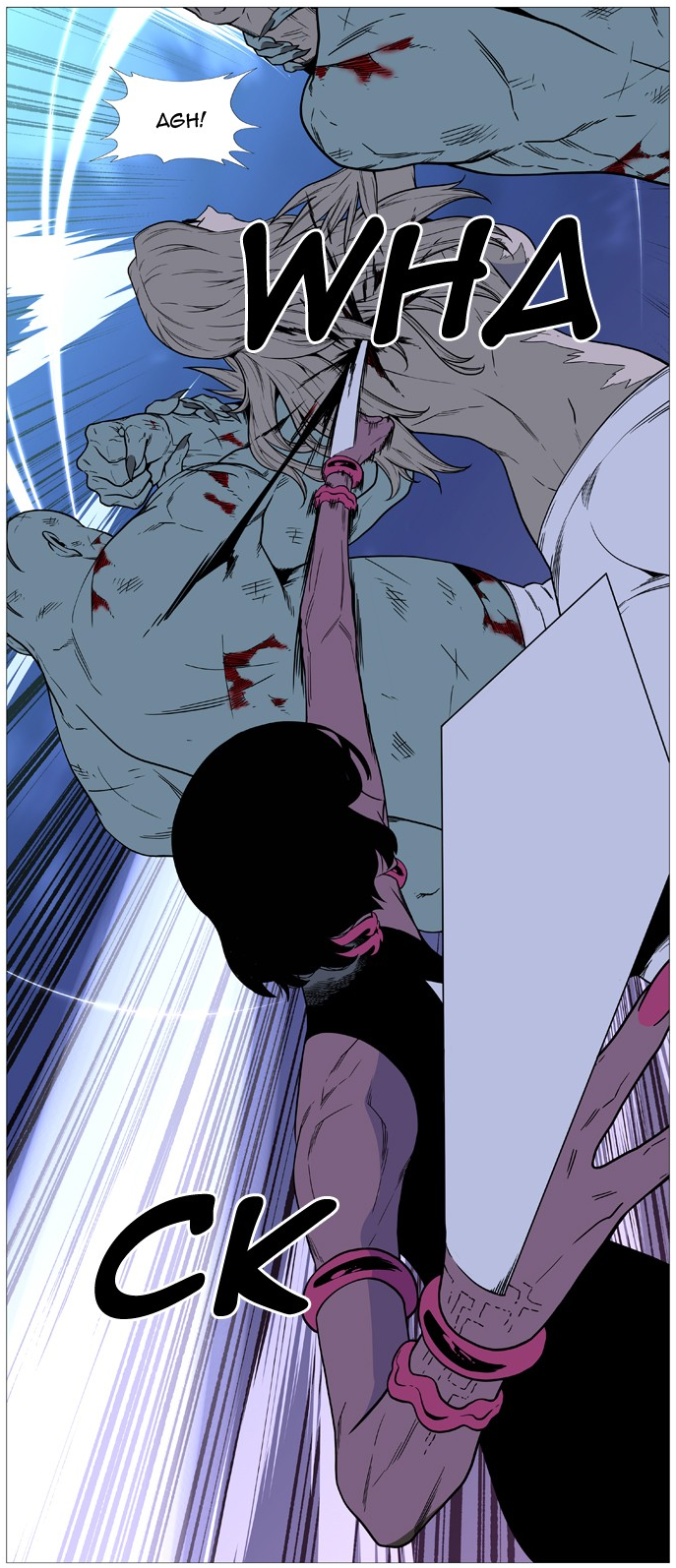

The knights clenched their teeth and sliced down with their swords and their swords collided heavily with the large head. Sounds of steel reached their ears, and the unexpected situation dumbfounded them. The knights widened their eyes in surprise. During that time, the massive head broke the swords as is and smacked them.Ī gruesome sound filled the area as the heads and bodies of the knights exploded.

The knights and soldiers nearby gulped in fear. It was something they had never seen before. It was surprising enough that there was a human with a head bigger than their body but the fact that that head was powerful enough to break swords and explode the bodies of two knights who had been trained in mana was truly unbelievable. The man with a large head once again let out a loud laugh before screaming towards the soldiers and knights of Baron Vonte’s soldiers. “I am the one and only General of Rampage of the Dark Regiments, Heild!” He then kicked off the ground and charged in towards the Baron Vonte’s army. The knights and soldiers quickly raised their weapons up in surprise or threw their bodies to the sides. However, due to the fear, their hands and feet had been frozen and their movements appeared unnatural as their faces turned pale. Instinctively, they knew that they had no chance of winning. Suddenly, a reddish-black spark of flame sparkled before them.Īlong with a heavy sound, Heild who had been running in fiercely was slammed straight into the ground.

Dias's reasoning was used in Murphy v Brentwood District Council (1991) to disapprove Lord Denning MR's judgment in Dutton v Bognor Regis Urban District Council (1972).While screaming, he waggled his hands and feet which were a lot thinner compared to his head. Jurists Dias and Hohfeld have pointed out that rights and duties are jural corelatives, which means that if someone has a right, someone else owes them a duty. Some critics have argued that noblesse oblige, while imposing on the nobility a duty to behave nobly, gives the aristocracy a justification for their privilege. The phrase is carved into Bertram Goodhue's Los Angeles Public Library on a sculpture by Lee Lawrie as part of Hartley Burr Alexander's iconographic scheme for the building.

In Le Lys dans la Vallée, written in 1835 and published in 1836, Honoré de Balzac recommends certain standards of behaviour to a young man, concluding: "Everything I have just told you can be summarized by an old word: noblesse oblige!" His advice included "others will respect you for detesting people who have done detestable things." Such, they may cry, deserve the sovereign state, That when with wondering eyes our confidential bandsīehold our deeds transcending our commands, The first in valour, as the first in place 'Tis ours, the dignity they give to grace OED and others cite the source of the phrase as Maxims (1808) by Pierre Marc Gaston de Lévis, Duke of Lévis.


 0 kommentar(er)
0 kommentar(er)
